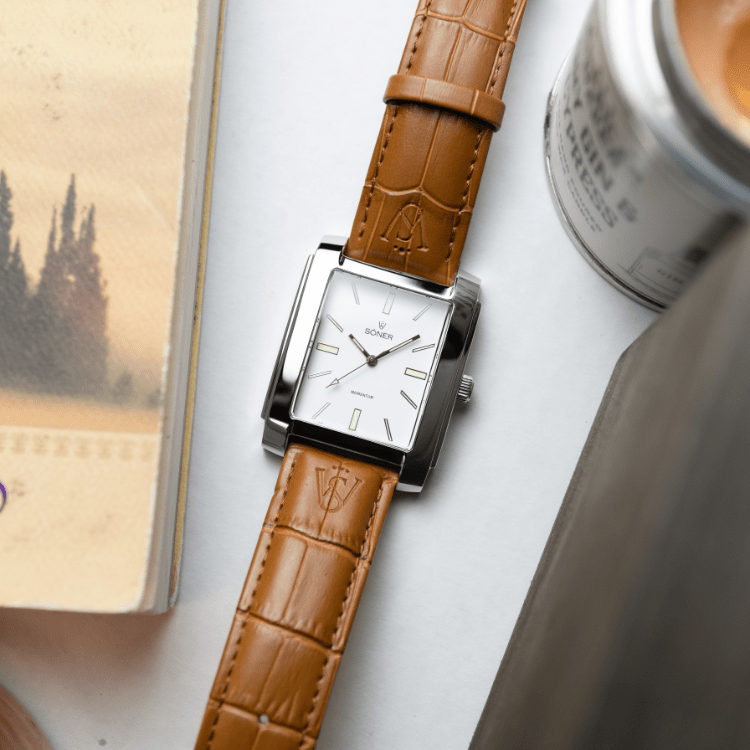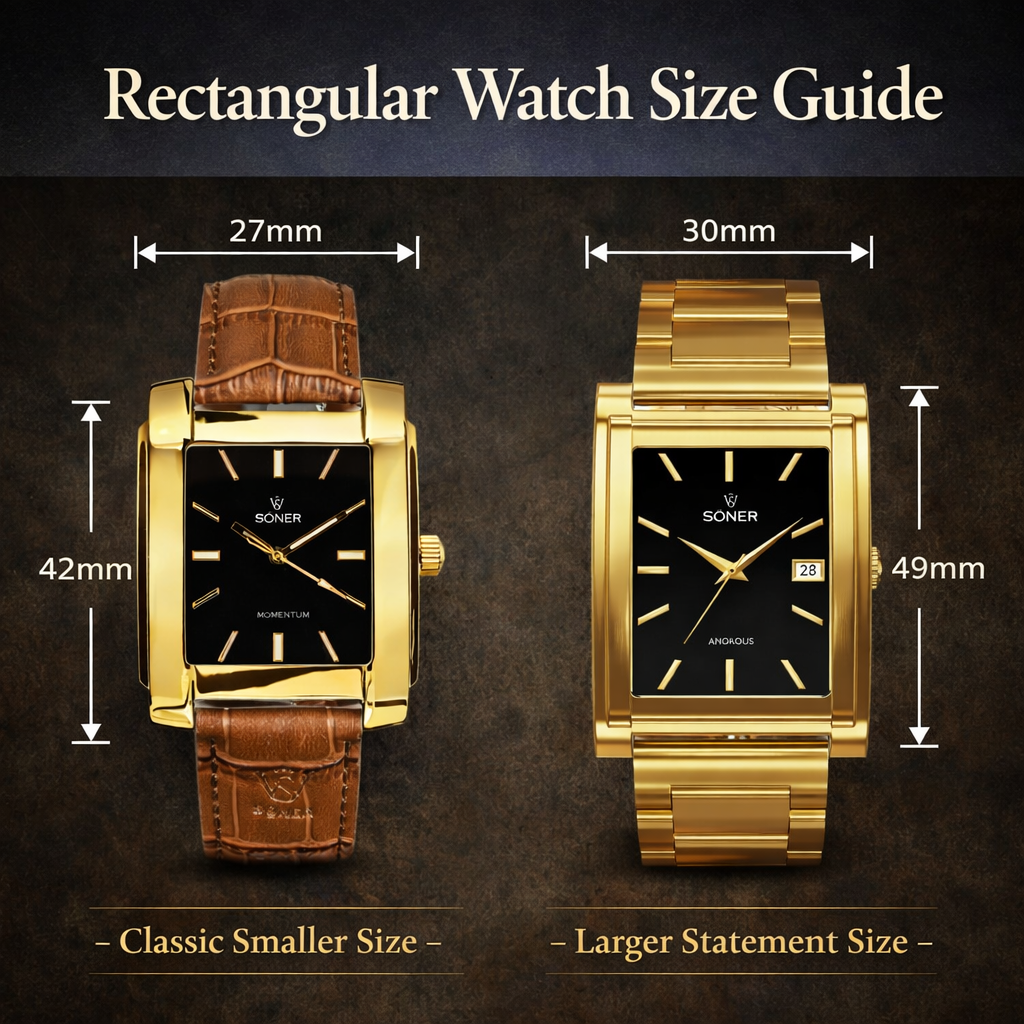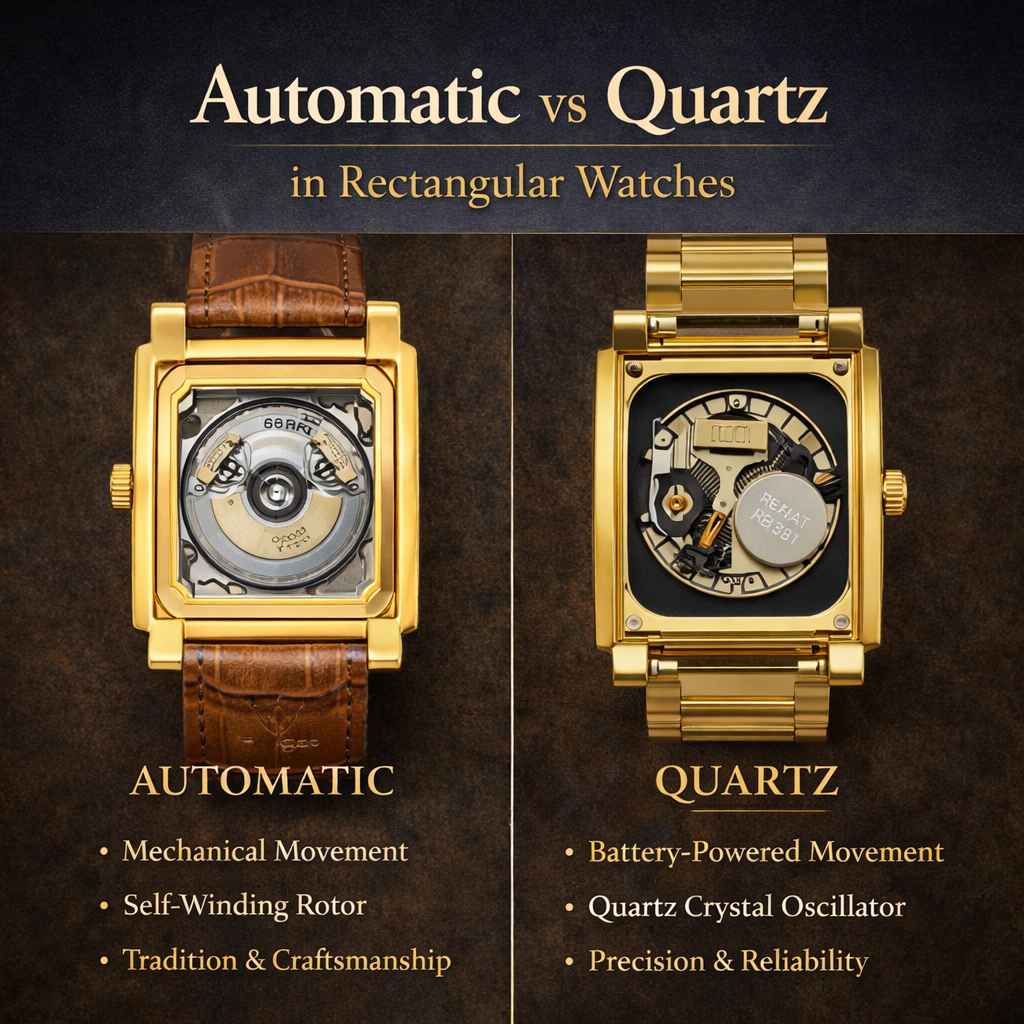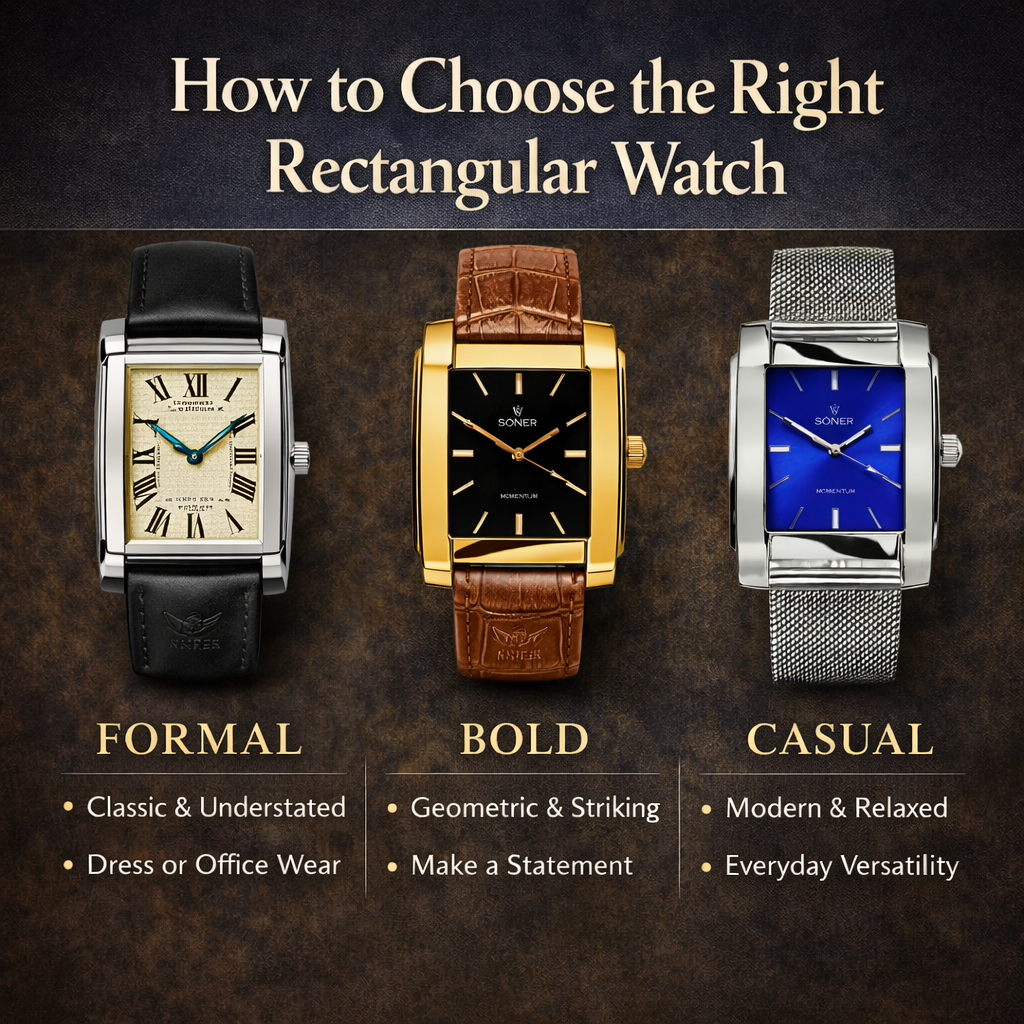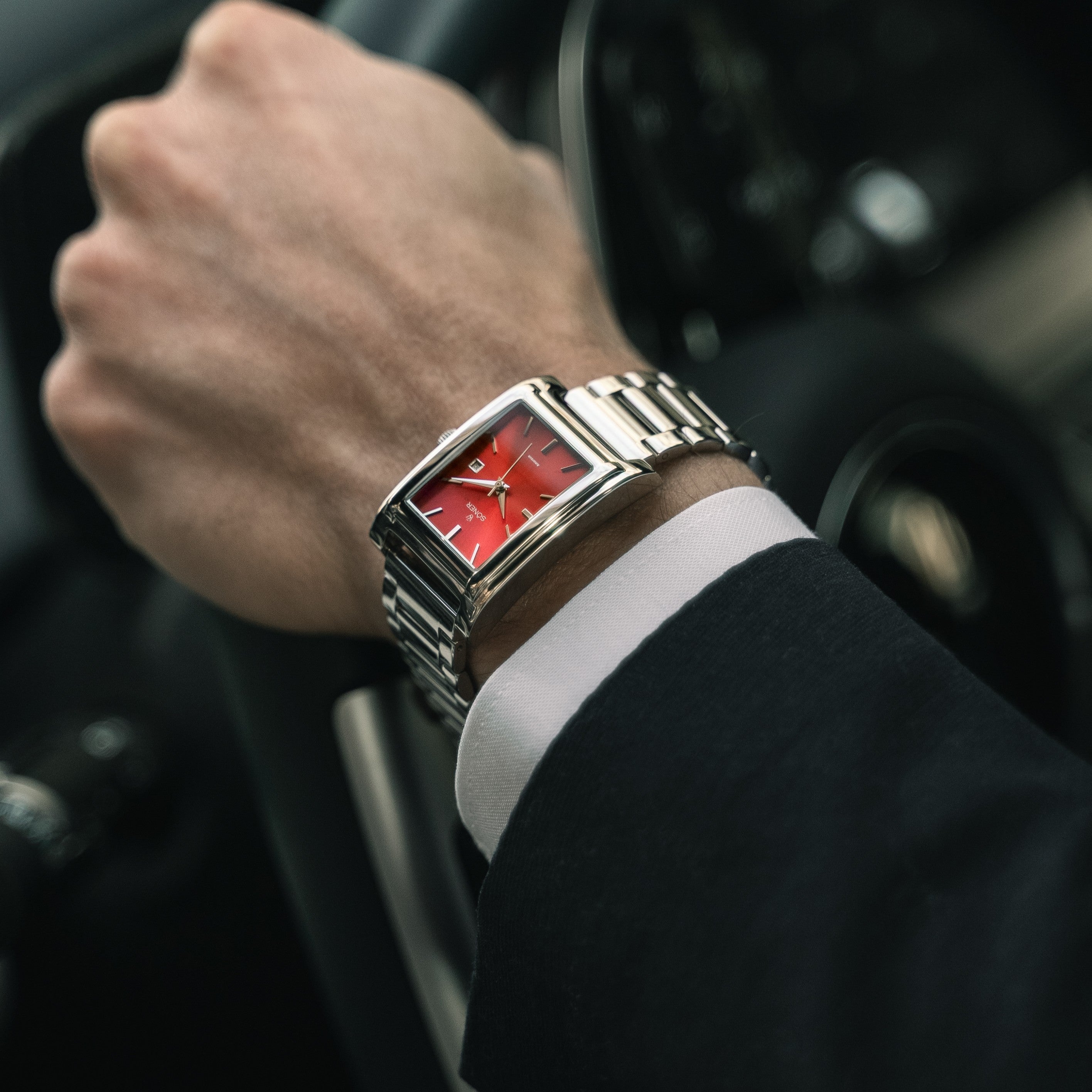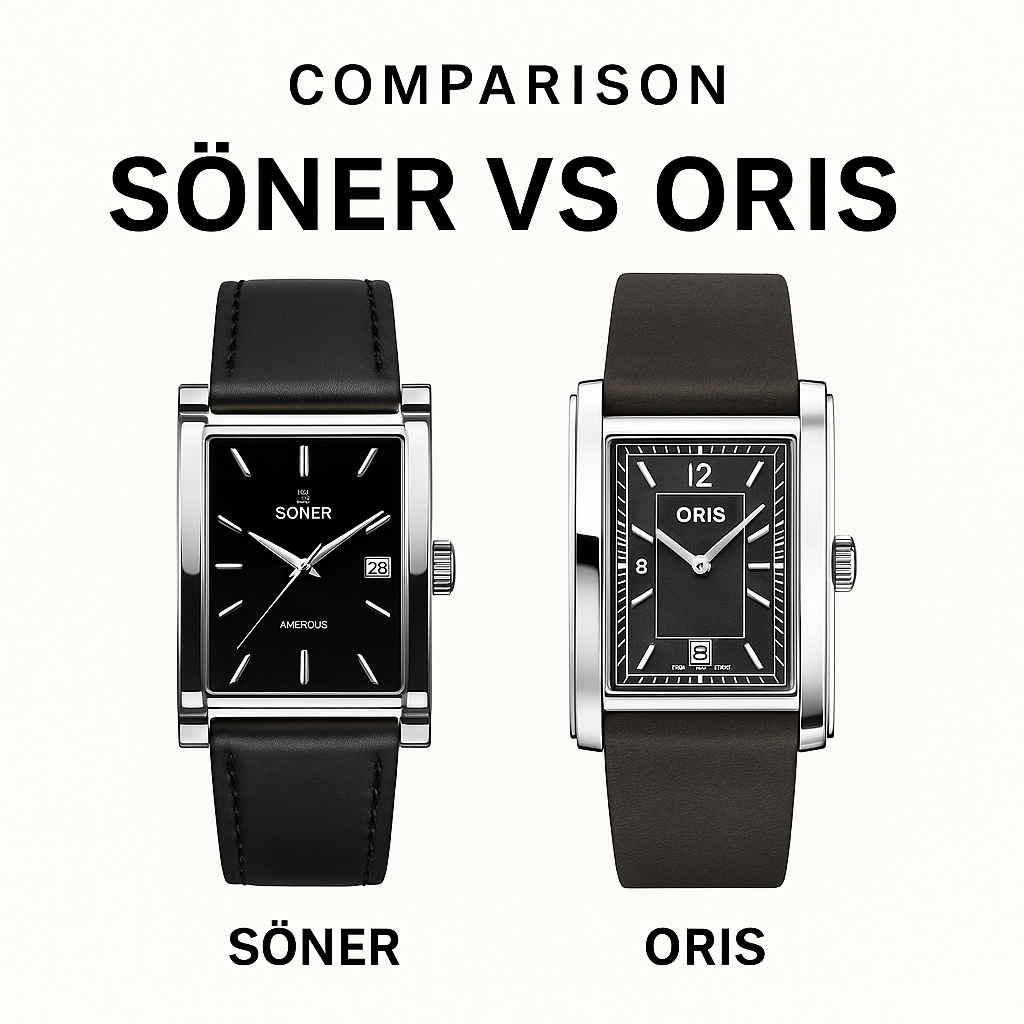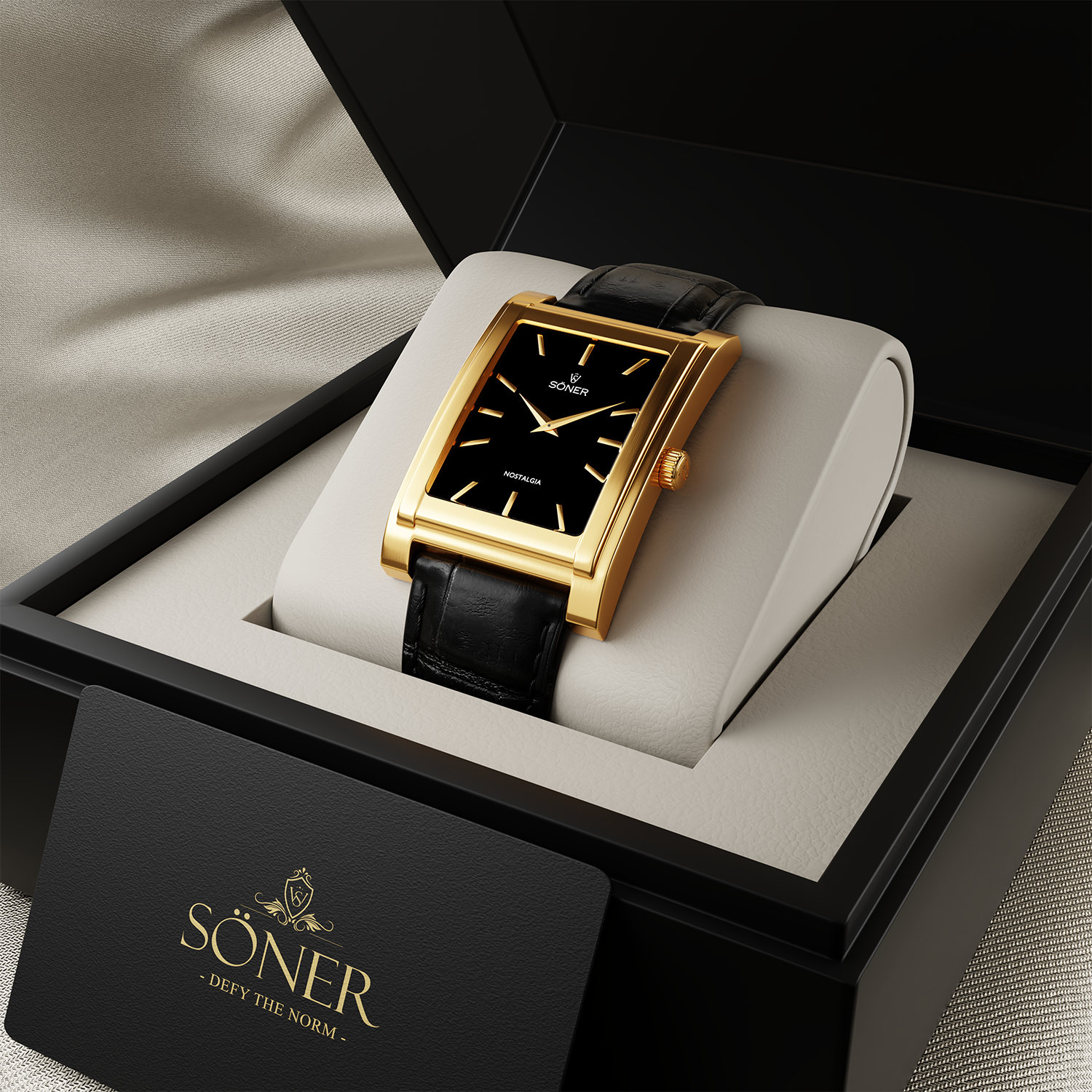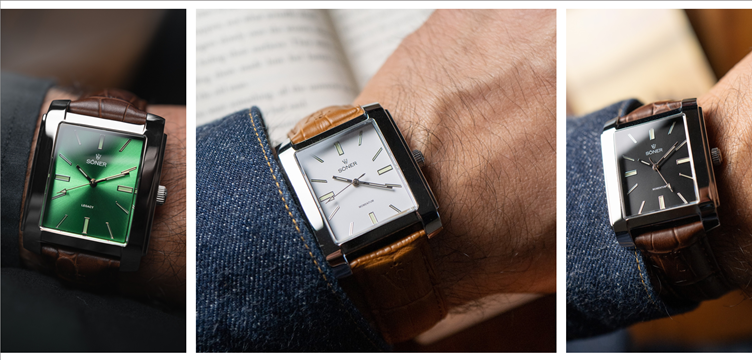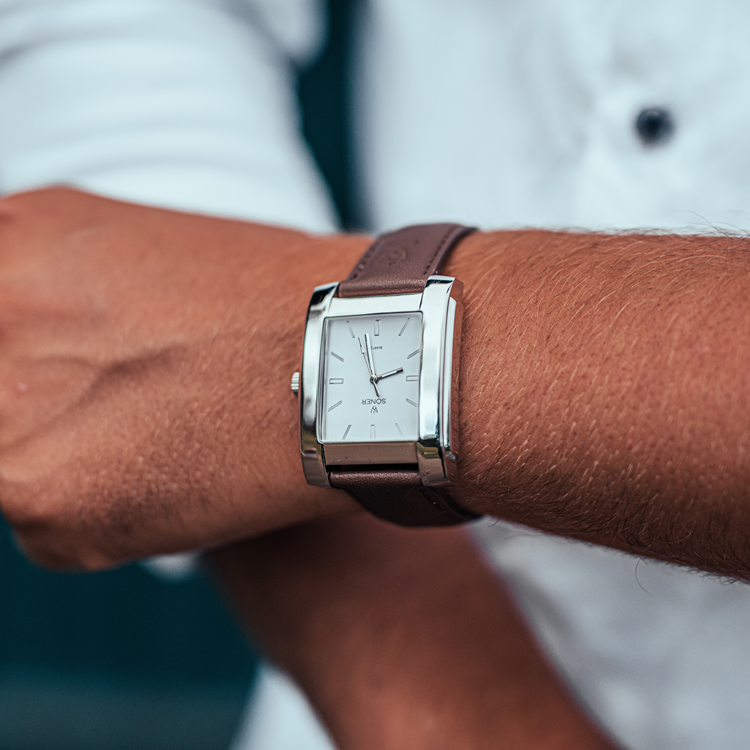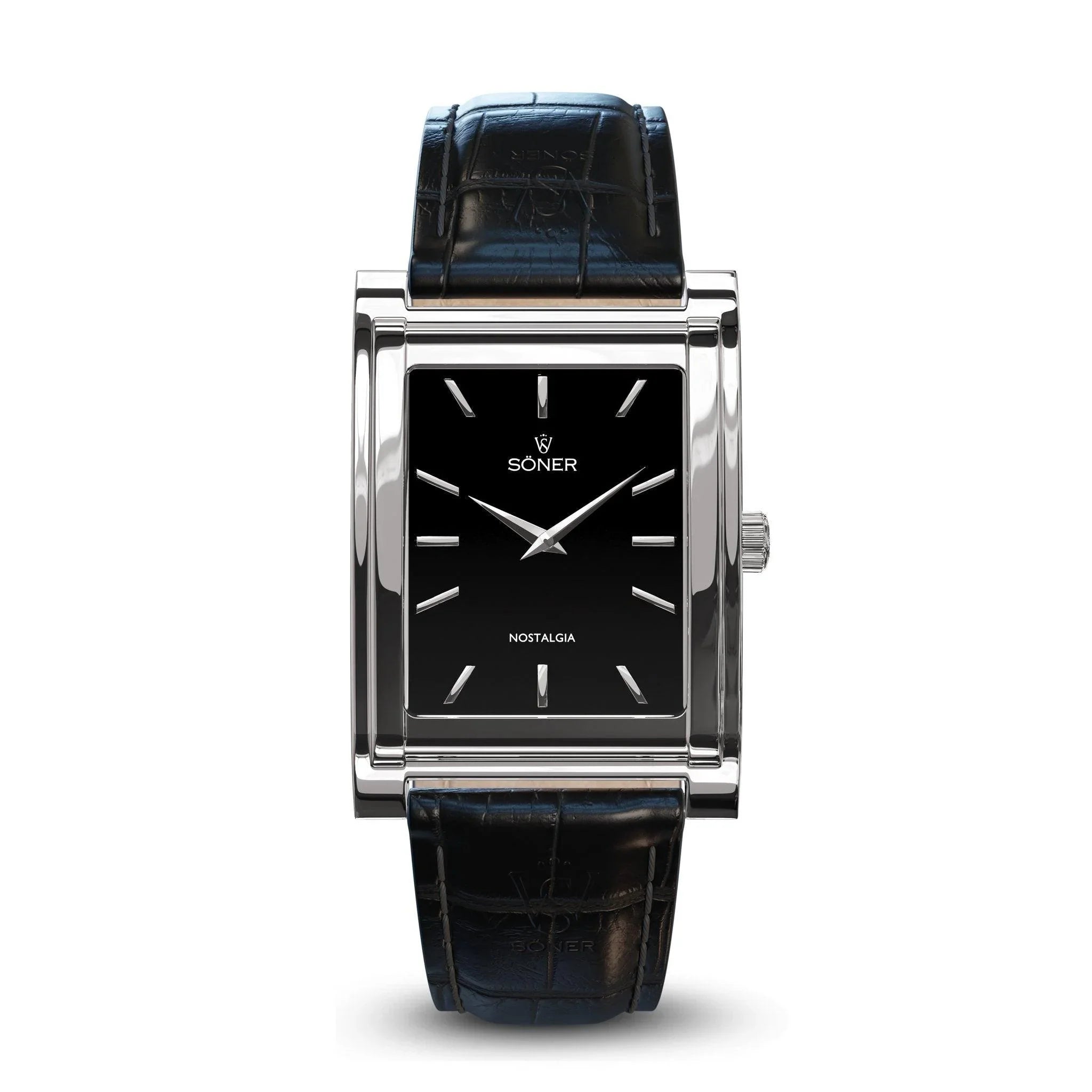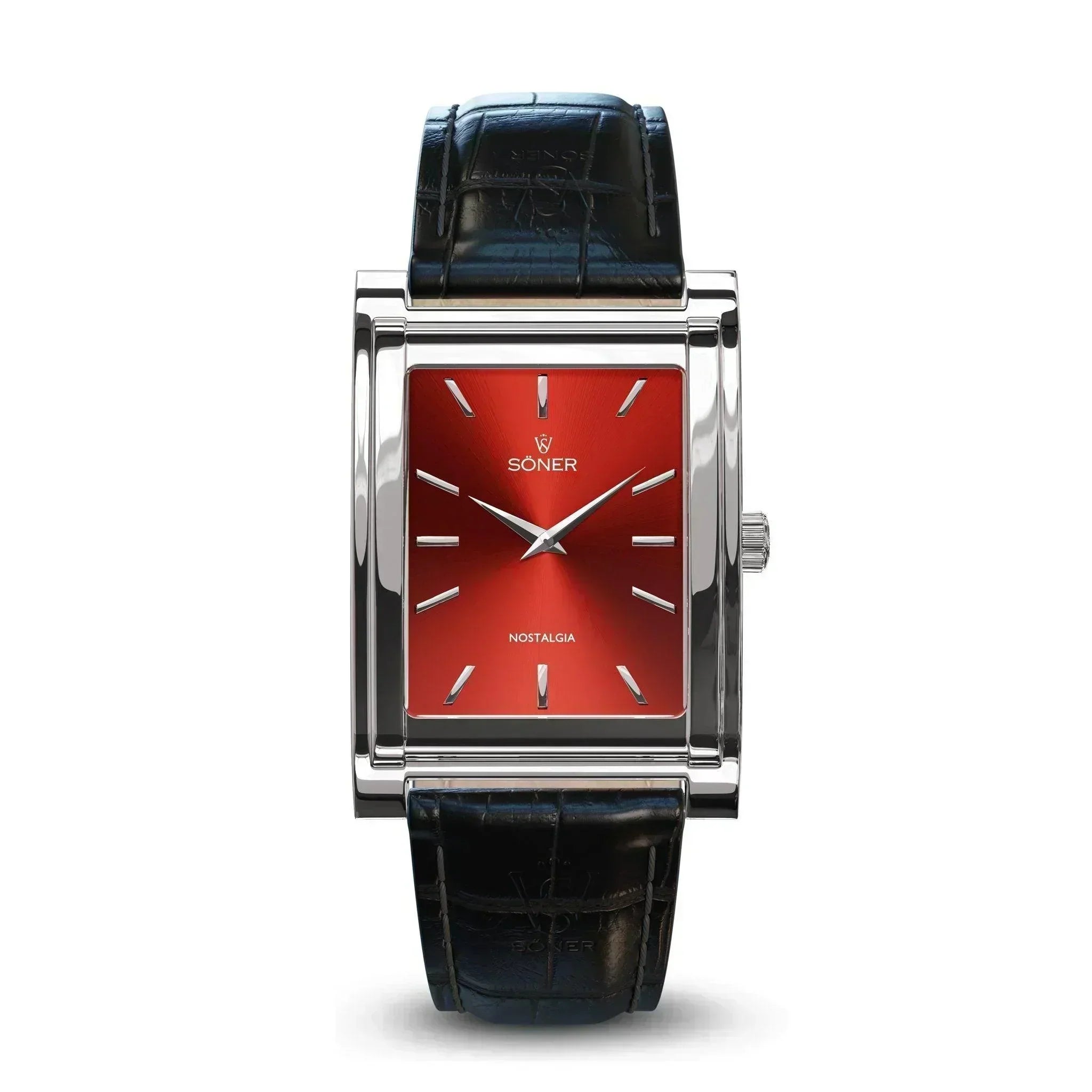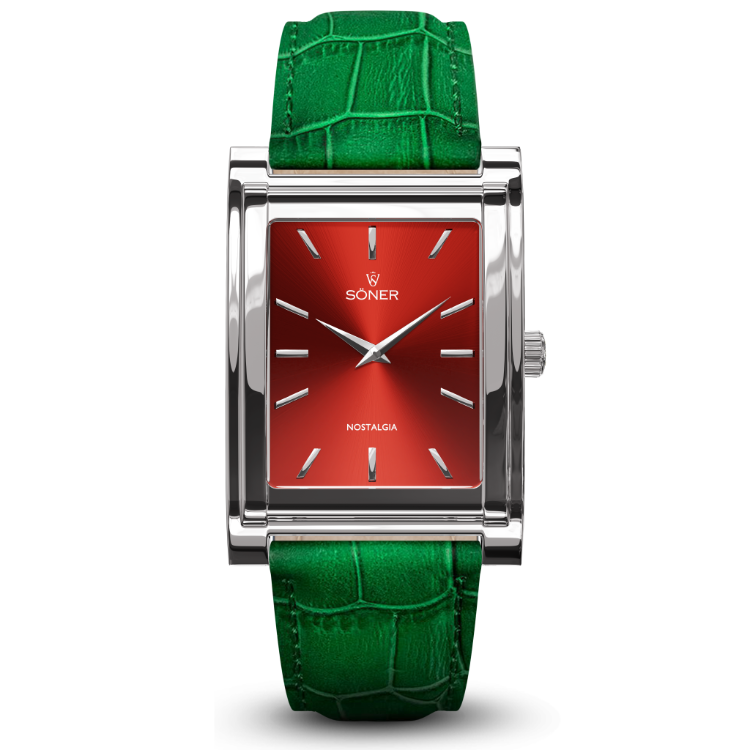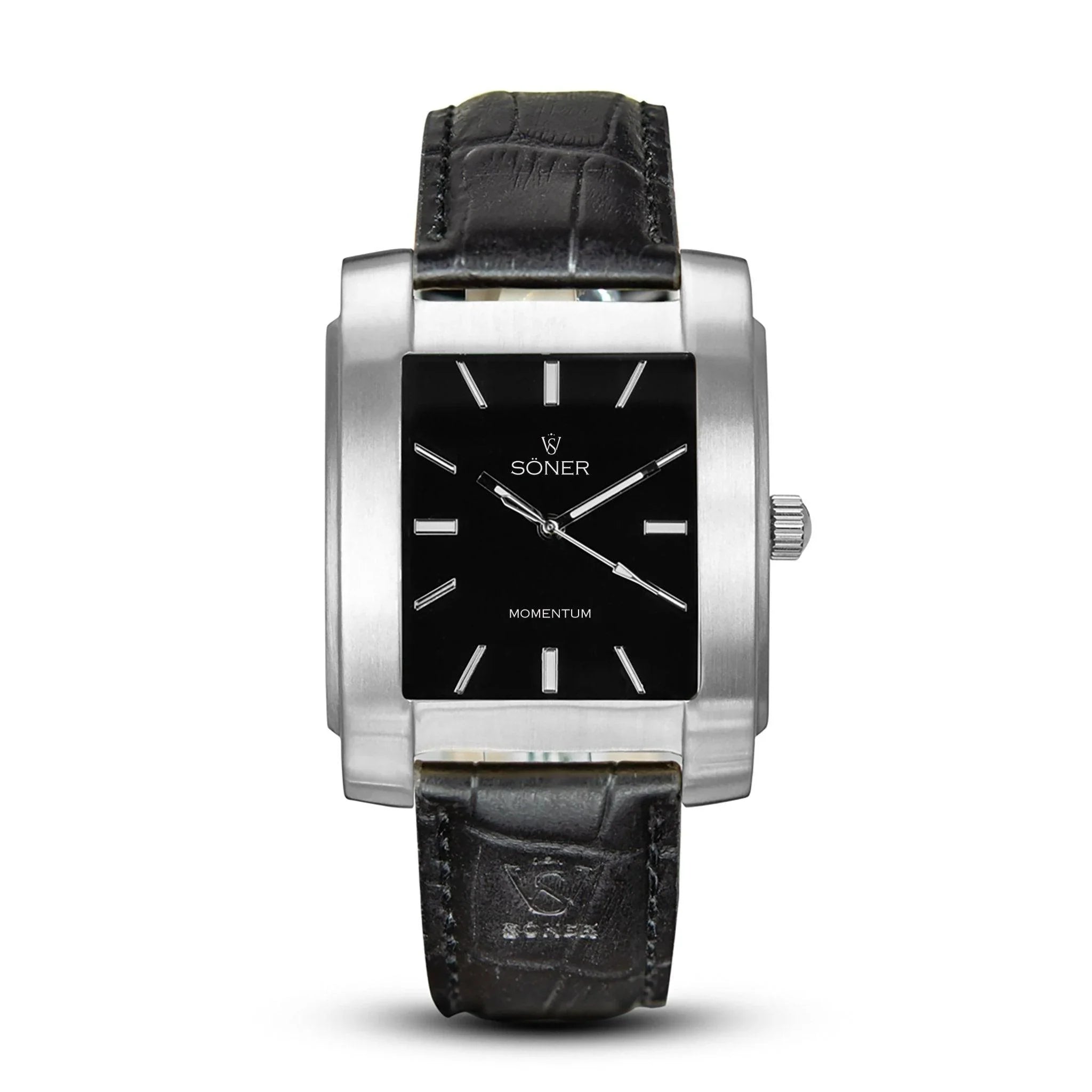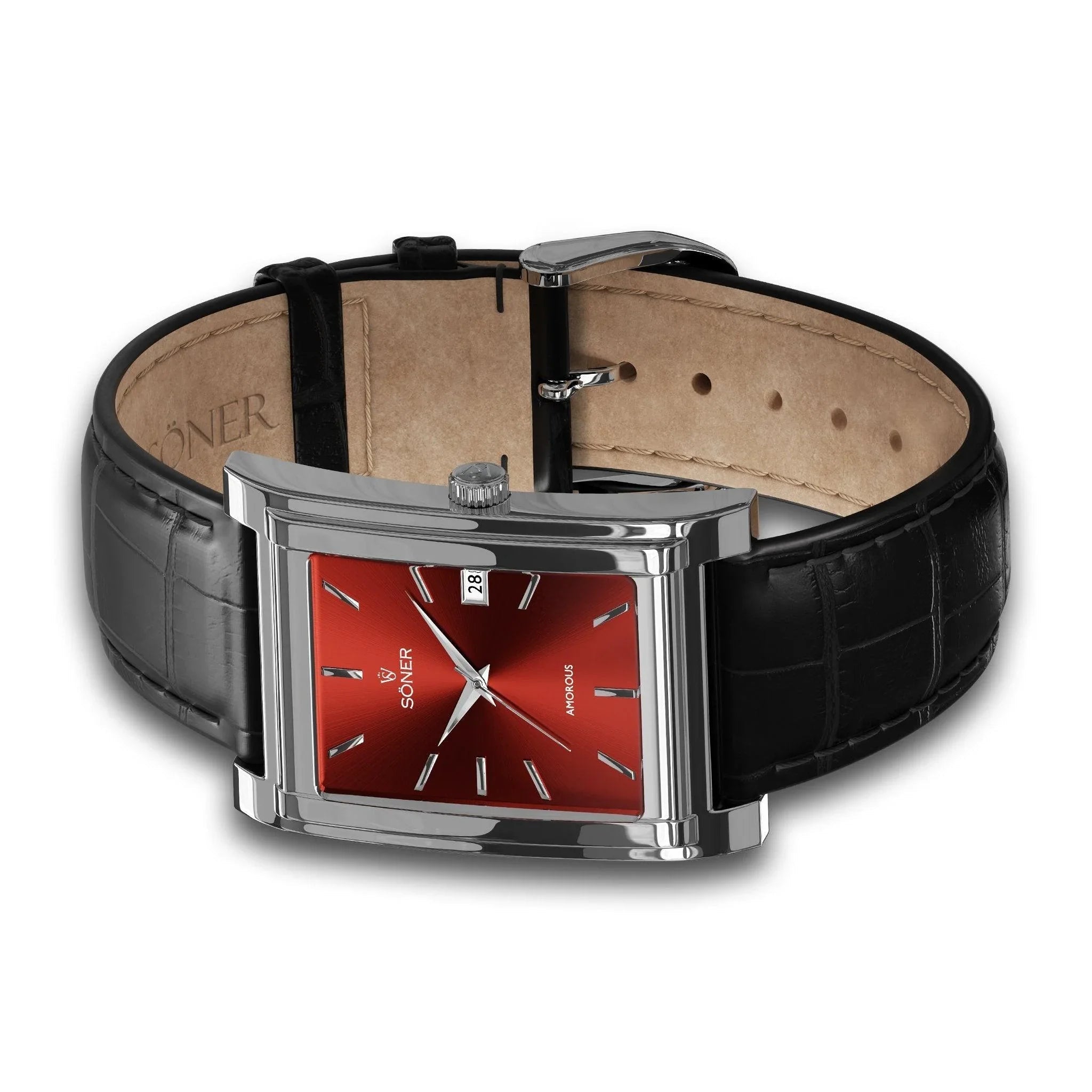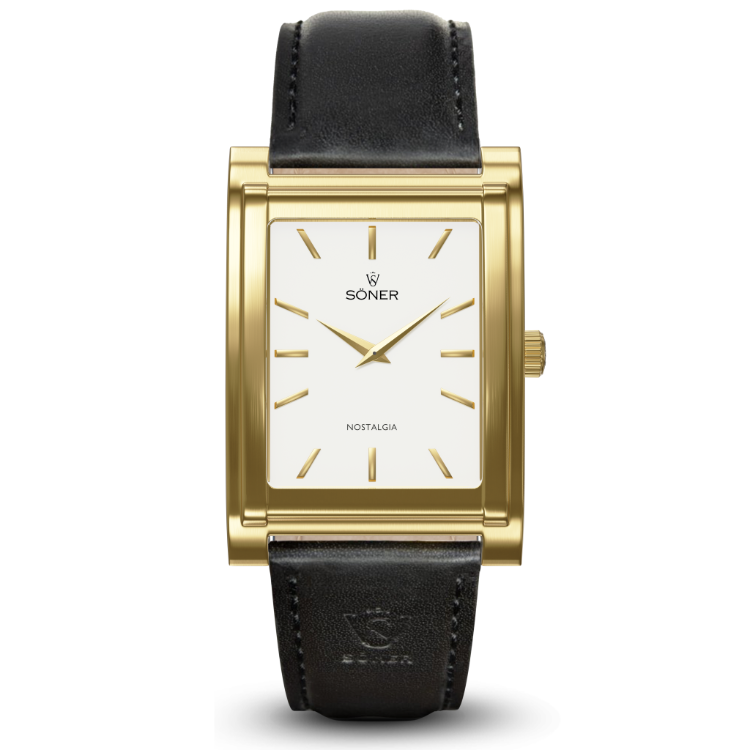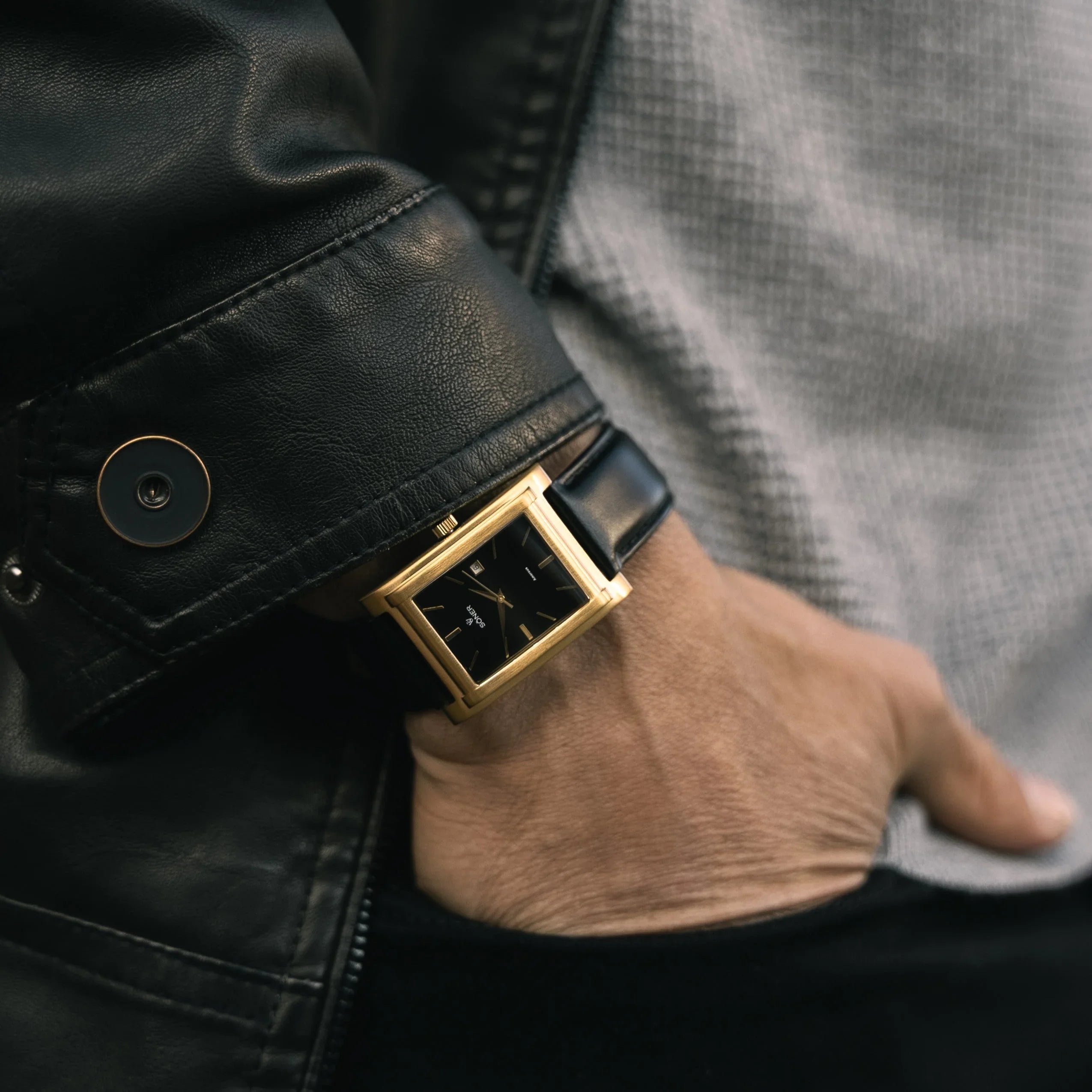Table of Contents
Quartz watches better than mechanical?
In the watch world, there are usually two types of watches, mechanical watches, and quartz watches. It is an eternal discussion about which one is the best and both have its pros and cons. There is no clear winner as both watch options work for the common person and the answer to the question which one is best will always be; it depends.

The differences are both big and small
Whether the watch is a quartz watch, or a mechanical watch refers entirely to how the watch movement operates. For the common person, the differences are often insignificant, you simply want a watch that works and looks good, which energy source that drives the watch is secondary. But among watch fans, these differences are often crucial. Many believe that mechanical movement is often found in more expensive watches of better quality while quartz watches are found in the cheaper watches.

How quartz watches works
A quartz watch measures time through movement variations or oscillations in a crystal, a so-called quartz crystal. Simply explained, a quartz watch works as follows:
- A quartz watch is powered by a battery that sends an electrical signal through a piece of quartz crystal.
- The quartz crystal vibrates 32,768 times per second, creating a signal with an exact frequency.
- The vibrations are measured by the circuit of the watch, and they are converted into a pulse every second.
- A precise and consistent movement of the watch hand is a result of this tiny electrical pulse.
Most quartz watches are powered by a battery that needs to be replaced after some time. In addition to the battery replacement itself, a quartz watch does not need much care.

How a mechanical watch works
A mechanical watch works in two different ways. One is that you wind up the watch manually by turning the small "screw" (crown) on the side of the watch, these these are called mechanical manually winded watches. The second type of mechanical watch winds itself up (automatic watch).
The automatic winding is done by a rotor reacting to the movement of the wrist, which in turn automatically winds up the main spring, which in turn keeps the watch running.
This means that the automatic mechanical watch is powered by kinetic energy and the purely mechanical watch is powered by the wearer's muscle energy (turning of the crown), the quartz watch, for its part, is powered as we previously mentioned by electrical energy in the form of a battery.

Mechanical watches are small masterpieces
However, one must not forget that mechanical watches are small wonders with a fantastic craftsmanship and many hours of work behind them. Mechanical movements can of course stop if the watch is not winded up manually by the wearer or the watch is stationary for too long without its kinetic energy. However, it should be remembered that you need to hand in a mechanical watch to a watchmaker for service if you want to keep the watch in good condition.
Swiss watch manufacturers but also other watch manufacturers where quality rather than quantity is in focus usually manufacture their watches with mechanical movements, which sometimes explains the more expensive price.
Behind a mechanical watch lies a huge craftsmanship which also makes each watch unique, but this is not always the case with quartz watches where the watches are often slightly cheaper and manufactured on assembly lines. This does not mean, of course, that a watch with mechanical movement is automatically better, but it can generally be noted that the quality is higher among the mechanical watches.
CHECK OUT OUR WATCHES


























